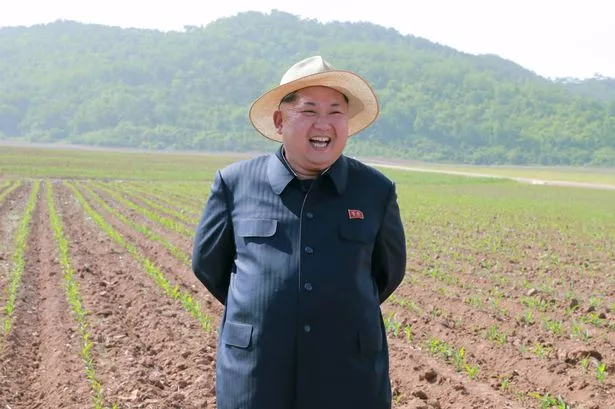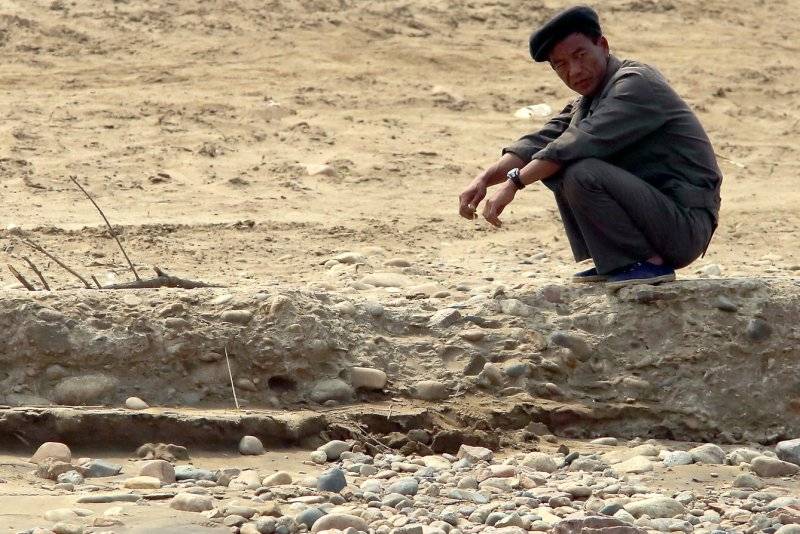Unkotare
Diamond Member
- Aug 16, 2011
- 133,382
- 26,753
- 2,180
Signs are NK is heading for another famine like the one that millions in the 90s. Tragically unnecessary.
The Chosun Ilbo (English Edition): Daily News from Korea - N.Korea Prepares for Hard Times Amid Sanctions
The Chosun Ilbo (English Edition): Daily News from Korea - N.Korea Prepares for Hard Times Amid Sanctions




